
could feel a stirring in his loins as he gazed at her, half-breed child of the two most aggressive tribes on the
planet. One played its games in the open, observed by all human-ity. One held its contests in secret, and
chose its lead-ers according to a formula centuries old. In her both were reflected, a cultural war that might
find peace only in this woman's features.
She smiled knowingly when she had his eye, then turned and followed the others into the inner sanctum.
Deep within the bowels of the inn was a chamber carved out of the rock beneath, from which neither
sound nor light could escape. Into this the crowd de-scended and instinctively pressed back against the
walls of the room to clear the space in the center.
A circular stage was raised up there, so that all might
see it. About it the tribal elders were already seated, five men and one woman whose wisdom and
dedication to tribal concerns had set them apart from the common blood. The woman wore male clothing,
of course, and bore a male name; such was the custom when a woman was raised to elder status. Thus
was the Goddess of Chaos kept at arm's length, and the prophecies of old defied.
Tathas came down the stairs last and looked at them, studying them all. His people. They were here to
share this moment with him, this secret and forbidden mo-ment, and to feel their Kesserit blood stir once
more as they watched the ancient dance. In that moment, as he gazed upon them, he could feel himself
connected to a thousand generations—to tens of thousands—a line of blood and custom stretching back
farther than the Braxana could even remember. No, the Kesserit had not forgotten their tribal roots. No
simple law could make them forget what was in their very blood.
He could feel the hushed silence like a shiver upon his skin as he strode through the room and stepped up
to the central platform. No doubt there were some who had never seen him before; well, now they would
have their chance. He felt their gaze upon him: curious, de-manding. What would they see when they
looked at him? A Kesserit warrior in the prime of life, who had claimed the tribal crown more than ten
years ago and still held it. A Kesserit prince, in every sense of the word. He glanced down at the elders,
but did not meet their eyes. He must not court their favor now, not visi-bly. Whatever choice they were to
make tonight had long since been decided. To imply that a few special words or a passing glance might
sway their decision at this point would be an insult to them all.
He scanned the crowd, wondering who it was that meant to challenge him. All he knew is that it was a
man from Aldous, who rarely visited the mother planet. After a moment there was movement at the far
side of
the room, and the crowd of spectators parted to reveal a man not much older than himself, whose bare
arms were taut with muscle, whose green eyes gleamed with a variety of lusts. He would be strong, of
course. And skilled in combat. And hungry for power ... that above all else. Tathas studied him as he
moved forward, trying to read meaning into each tiny movement. Hints of weakness, arrogance, fear ...
anything that might affect his performance. Swordplay alone did not make a Kesserit prince, though it was
a vehicle by which other things were judged.
As Tathas had, the man gazed out upon the crowd. Then he, too, ascended to the stage.
Tathas waited until the man seemed ready—a cour-tesy certainly due one who was about to risk his life
in the name of ambition—and then said, in a voice that was strong and unwavering, "I am Tathas, son of
Zheret, Viak'im of the Kesserit. By death I claimed my crown, by death I keep it, and by death, when the
time is right, I will relinquish it." He bowed a respectful head toward the elders where they sat, but though
they gazed back at him, he could read nothing in their eyes. "I submit my-self to the will of the Elders."
Not until his words had settled in the vast room, and all their implications subsided, did his opponent
speak. "I am Sharik, son of Menest. I am of Kesserit blood, of Kesserit upbringing, of Kesserit soul. I have
come to claim leadership of our tribe in the ancient tradition, and to unify the Kesserit of many planets into a
nation greater than what it has been, a nation truly worthy of our great tribal heritage." His gaze upon the
elders chal-lenged them to find fault in him, or any fault in his of-ferings. "The Braxana have ruled long
enough. They are weak now, and in weakness they abandon the traditions that brought them to power. It is
time for the other tribes to rise up and claim what is rightfully their own."
So that's his gambit, Tathas thought, as the elders rose up from their seats. Of course those ancient
judges al-
ready knew Sharik's agenda, and many other things be-sides. Though the elders approached the two men
now, and made a show of inspecting them, Tathas knew that they had already judged the matter, balanced
Sharik's agenda against his past record of leadership, and de-cided who, in their opinion, should lead the
tribe.
Who that was, and how strongly they felt about the matter ... ah, that was something no man could
guess.

 2024-11-21 13
2024-11-21 13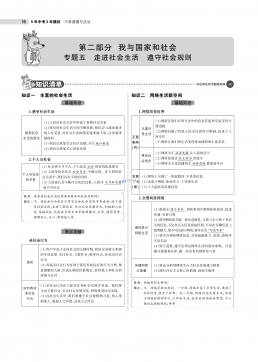
 2024-11-21 11
2024-11-21 11
 2024-11-21 6
2024-11-21 6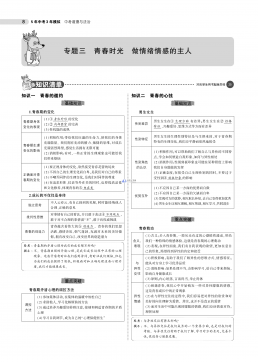
 2024-11-21 8
2024-11-21 8
 2024-11-21 9
2024-11-21 9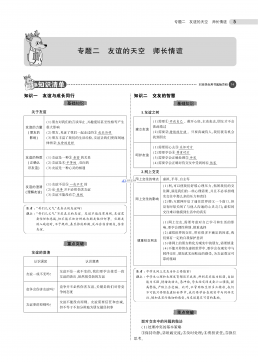
 2024-11-21 8
2024-11-21 8
 2024-11-21 8
2024-11-21 8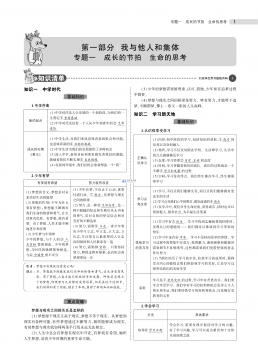
 2024-11-21 8
2024-11-21 8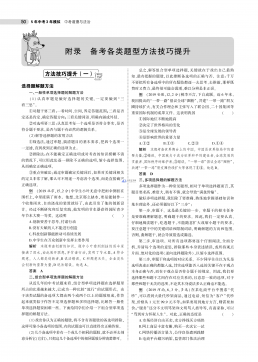
 2024-11-21 10
2024-11-21 10
 2024-11-21 7
2024-11-21 7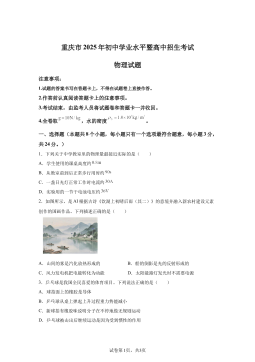
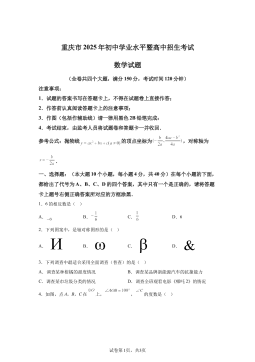

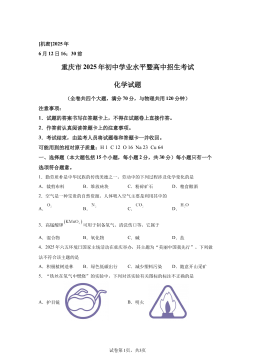





 渝公网安备50010702506394
渝公网安备50010702506394
